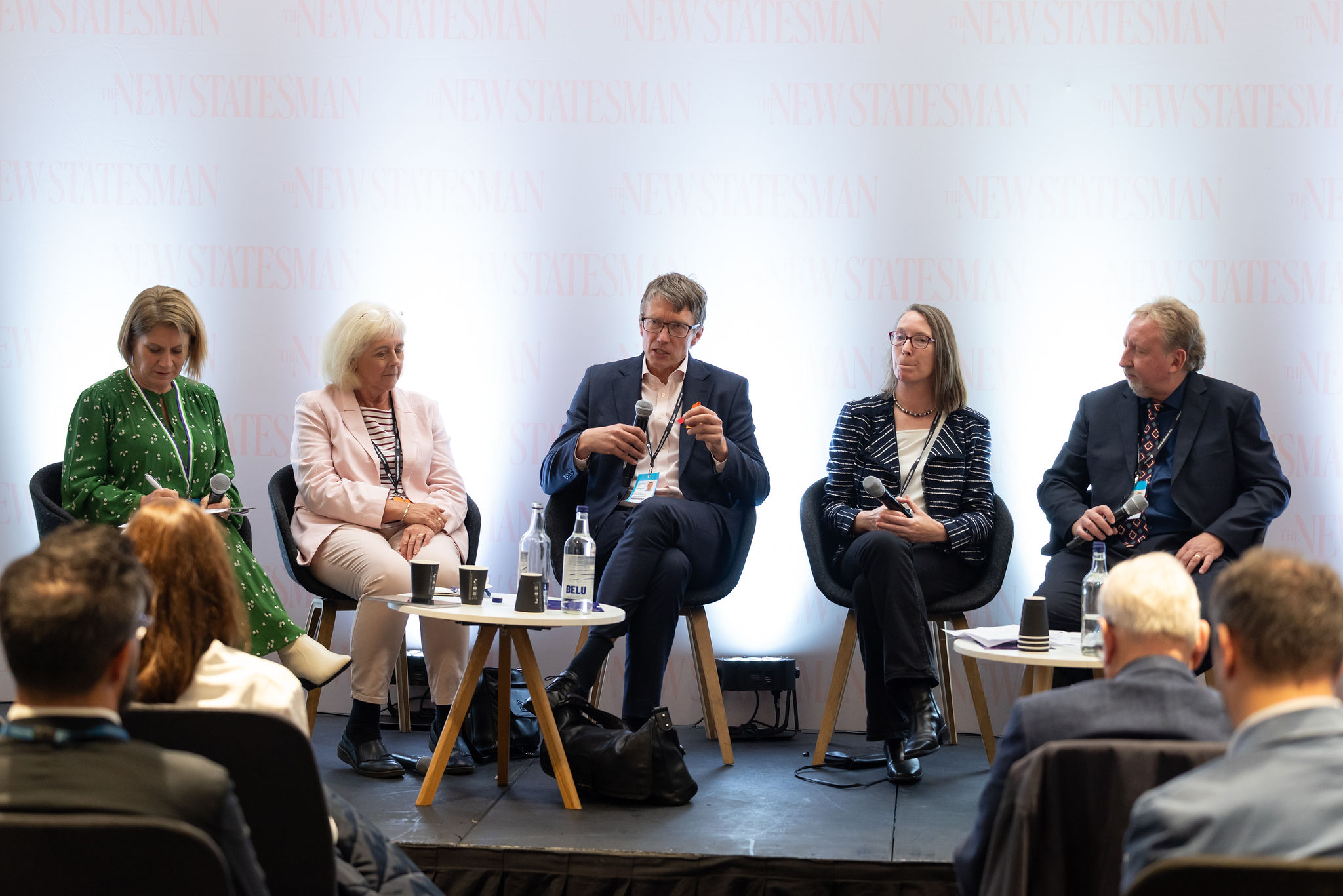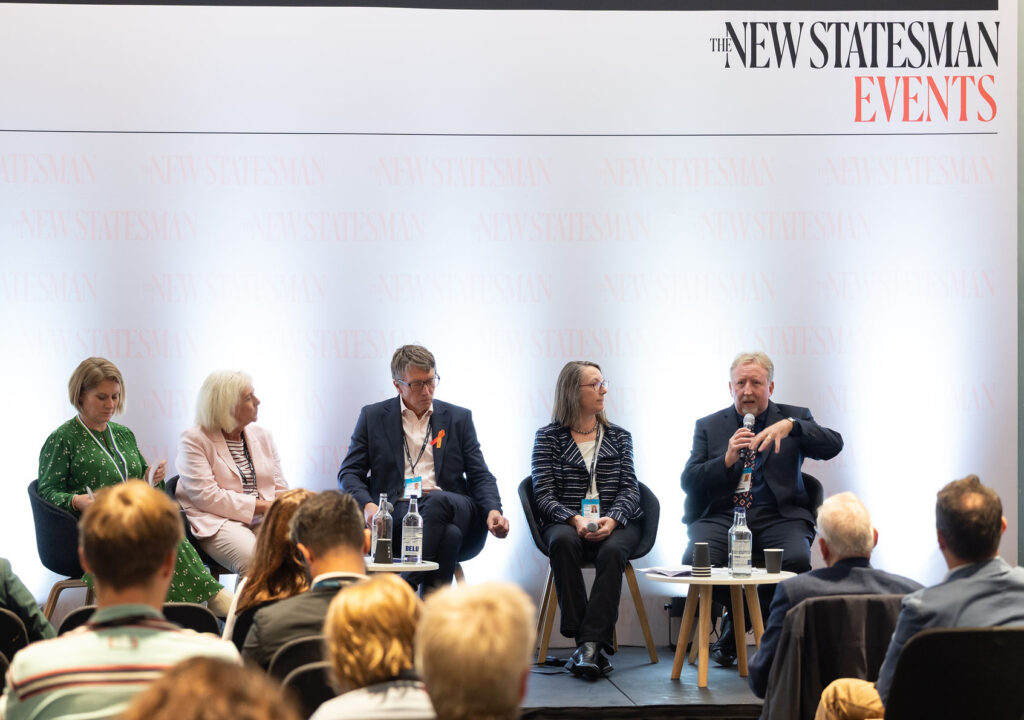UK Photonics in Focus: CORNERSTONE Leads Discussion on Growth and Innovation at Labour Party Conference

From 28 September to 1 October 2025, CORNERSTONE Photonics Innovation Centre (C-PIC), in partnership with the New Statesman, the UK’s leading progressive political and cultural publication, hosted a well-attended panel discussion at the Labour Party’s Annual Conference in Liverpool, exploring how photonics is shaping the UK’s innovation landscape and the opportunities it presents for national growth and resilience.
Titled “How can investment in the photonics industry promote economic growth and sovereign resilience?”, the panel brought together policymakers, industry leaders, and academic experts, including:
- Professor Graham Reed, Director of the Optoelectronics Research Centre and CORNERSTONE at the University of Southampton
- Ruth Jones MP, Chair of the Semiconductors All-Party Parliamentary Group
- Professor Tara Shears, Fellow of the Institute of Physics and Vice President for Science and Innovation at the University of Liverpool
- John Lincoln, CEO of the Photonics Leadership Group

The discussion reinforced the pivotal role of photonics in driving innovation, productivity, and economic resilience across sectors including healthcare, defence, advanced manufacturing, and clean energy. Valued at £18.5 billion, the UK photonics industry continues to demonstrate strong growth, with silicon photonics identified as one of its most dynamic and strategically significant areas.
Professor Tara Shears noted that silicon photonics is projected to grow by 20–25% annually, reflecting its importance to the UK’s industrial future. Building strong domestic capability emerged as a key priority. Professor Graham Reed emphasised that sustained investment in national infrastructure — particularly in open-access facilities for design, prototyping, and scaling — will be vital to maintaining the UK’s competitive edge and reducing dependence on overseas capability. The conversation also addressed the importance of skills and education in supporting the sector’s long-term growth. Ruth Jones MP highlighted the need to inspire children from an early age to pursue pathways in science, engineering, and technology, ensuring a sustainable and diverse pipeline of future talent.
As Professor Graham Reed aptly concluded,
“the decisions we take today will determine whether the UK becomes a global leader in silicon photonics tomorrow.”
Key Takeaways
- Turning commitment into impact: Sustained government action is essential to translate the UK’s ambition in photonics into tangible outcomes that strengthen economic and strategic resilience.
- A sector of strategic growth: Silicon photonics is expanding rapidly — with forecasts of 20–25% annual growth — positioning it as a cornerstone of the UK’s advanced technology landscape.
- Infrastructure as a catalyst for innovation: Investment in domestic prototyping and scaling facilities is critical to enable innovation and secure UK leadership in photonics.
- Inspiring the next generation: Building a skilled and diverse workforce starts with early engagement. Encouraging young people to explore careers in science and engineering will ensure the UK’s continued global competitiveness.
The panel showcased the value of collaboration between policymakers, industry, and academia in shaping the future of UK photonics. Through initiatives such as the CORNERSTONE Photonics Innovation Centre, we continue to provide the infrastructure, expertise, and community support that help the UK remain at the forefront of global photonics innovation.
